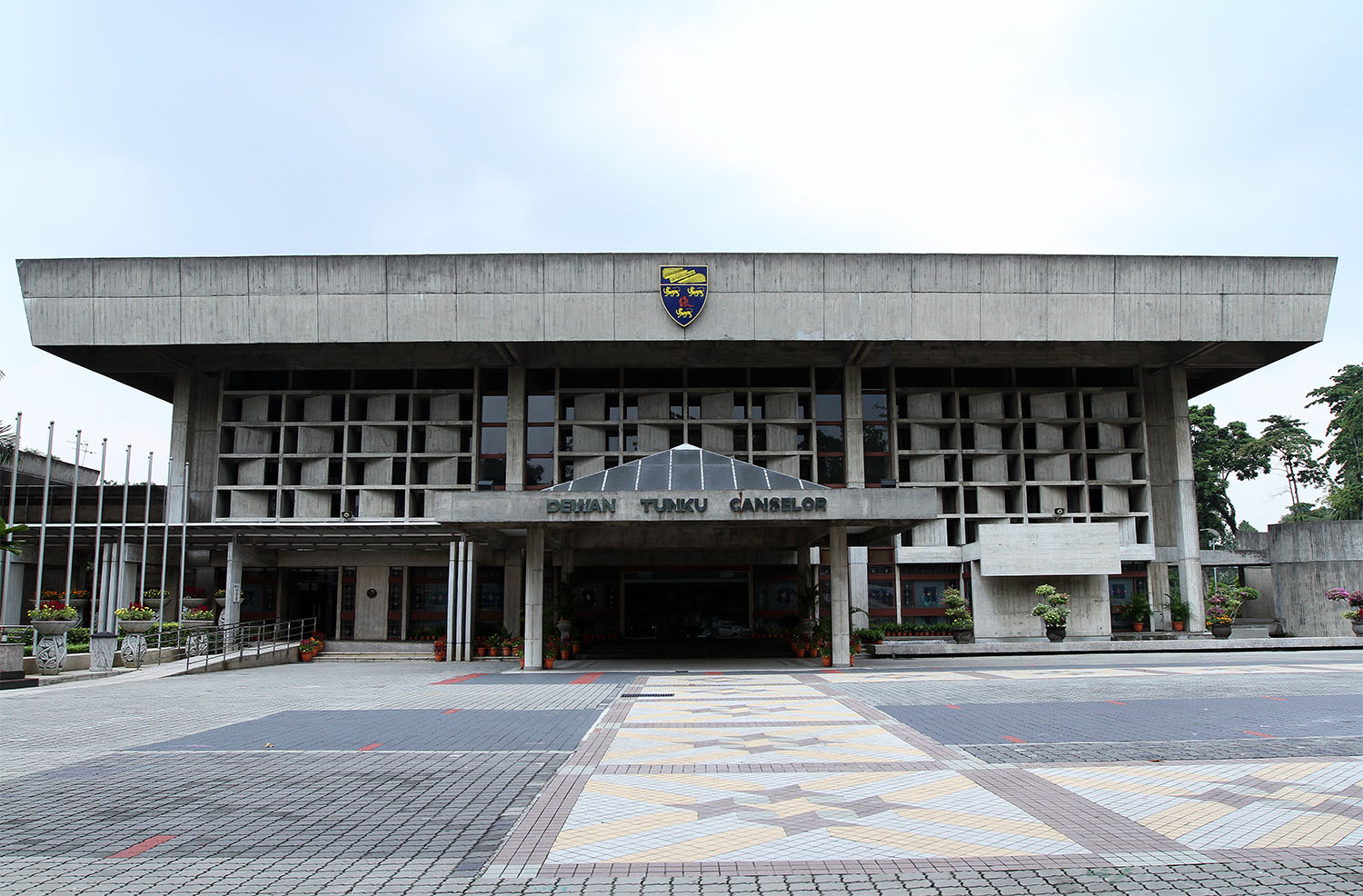KUALA LUMPUR, Nov 15 — Graduates from the University of Malaya were listed as the 149th most employable in the Times Higher Education (THE) 2018 list as Asian universities are seen catching up with elite colleges in the West.
The ranking, however, is still far behind the ranking assigned to the National University of Singapore (NUS), now the 10th most hireable university globally alongside renowned Ivy League schools like the US’ Harvard and MIT and the UK’s Cambridge.
The NUS still holds strong as one of, if not the leading university in Asia.
Globally, the US continues to dominate the ranking but the Times series’ data analysis reveals a swiftly narrowing global employability gap.
“Since 2011, the US has experienced a sharp decline in performance — greater than any other nation in the table. It comes amid intensified competition — particularly from East Asia,” the report noted.
“The nation (US) has 34 institutions in the top 150 this year, compared to 55 in 2011, with six universities in the top 10 — a fall from seven last year.”
South Korea has leapt from one representative in the top 150 in 2011 to six this year — and the overall performance of its institutions in the 2018 table is up almost two-fold from last year.
The nation’s swift ascent means it now has almost as many entries in the top 150 as China. Hong Kong and Taiwan have also shown swift improvement.
“While China does lead the region for graduate employability, it has not experienced this same surge in recent years,” the report noted.
“The nation has rocketed up THE’s World University Rankings, but for graduate employability, its rise is considerably slower — with just minimal change compared with four years ago.”
In contrast, Hong Kong, Taiwan, Singapore and South Korea may have been quicker to recognise the importance of soft skills while offering strong links with industry, the report said.
Combined, South Korea, Hong Kong and Singapore now sit far ahead of mainland China in terms of overall performance score.
The dramatically improved performance within East Asia and parts of Europe showed the highest risers are those equipping students with softer skills, Simon Baker, Data Editor at THE, said.
He said the skills that are increasingly favoured among recruiters are teamwork combined with the strongest possible industry experience.
Meanwhile Laurent Dupasquier, Managing Partner at Emerging, THE’s partner, said digital skills today will need regular updating to suit the evolving the workplace.
“Today’s digital world makes for a constantly evolving workplace — the skills required in many roles will need regular updating and it has become impossible to determine which of them will change tomorrow, and how,” he said.
“While digital skills are increasingly valued by recruiters, more than anything, universities must instil in students the capacity to adapt and keep learning: these will be crucial skills for success not only to cope, but thrive in a transforming workplace.”
University-industry collaboration will also be of increasing value, in order to provide students with the necessary on-the-ground experience, Dupasquier added.



















